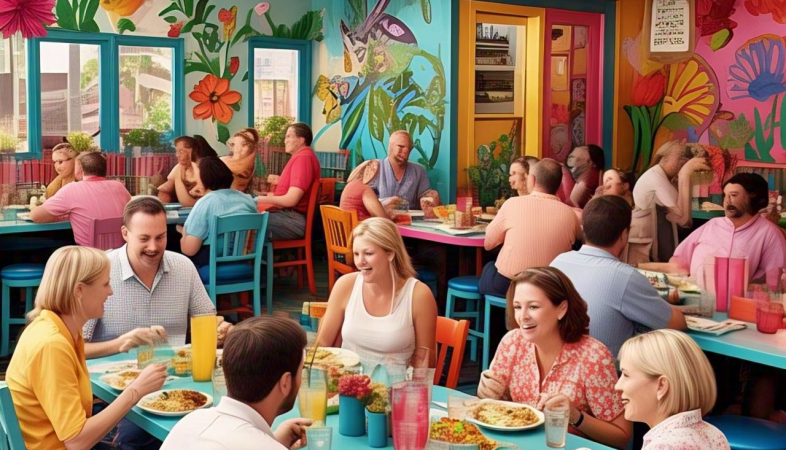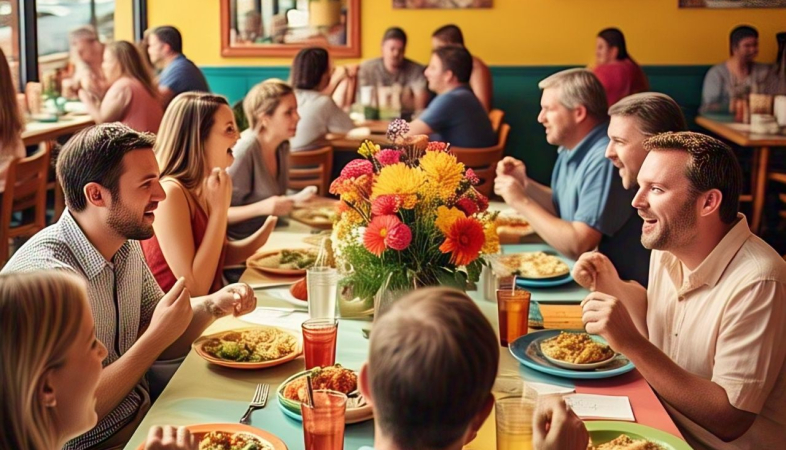
A well-trained, motivated team that delivers exceptional hospitality can leave a lasting impression.

What began as a safety measure during the pandemic has now evolved into a new standard of convenience, efficiency, and personalization.

Businesses that embrace this innovation will gain a competitive edge by offering enhanced convenience, efficiency, and personalization.

Training staff to assist customers with digital menus and addressing concerns about fluctuating prices can further enhance acceptance.

A well-executed strategy ensures that every touchpoint feels interconnected, effortless, and personalized—transforming one-time visitors into returning guests.

As smart room technology continues to evolve, those who embrace it will undoubtedly lead the way in shaping the future of the hospitality industry.

As consumer preferences evolve and competition increases, food service businesses are experimenting with creative ways to price their offerings.

As the industry continues to evolve, those that embrace data-driven strategies will be well-positioned to thrive in an increasingly competitive marketplace.

Technology in hotels and restaurants is about enhancing the guest experience and improving operational efficiency.

Finally, effective supply chain management in the restaurant industry involves continuous improvement.

Storytelling allows a business to establish its identity and differentiate itself from competitors.

One of the most powerful ways to establish a distinct brand identity is by leveraging the story behind your restaurant.

Hotels need to constantly find new ways to stand out and incentivize guests to choose them over the competition.

However, simply collecting feedback is not enough; businesses must use it to drive meaningful change.

By leveraging personalization, hotels can stand out in a competitive market, build guest loyalty, and boost profitability.

Expanding into new cities or regions can be a daunting process, as it often involves a large-scale investment in real estate, staffing, and marketing.